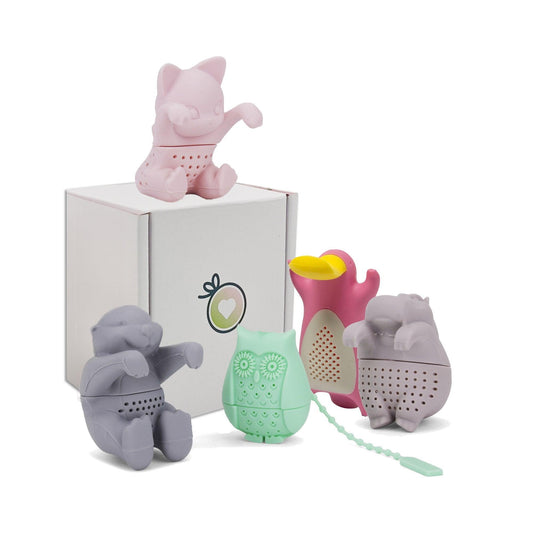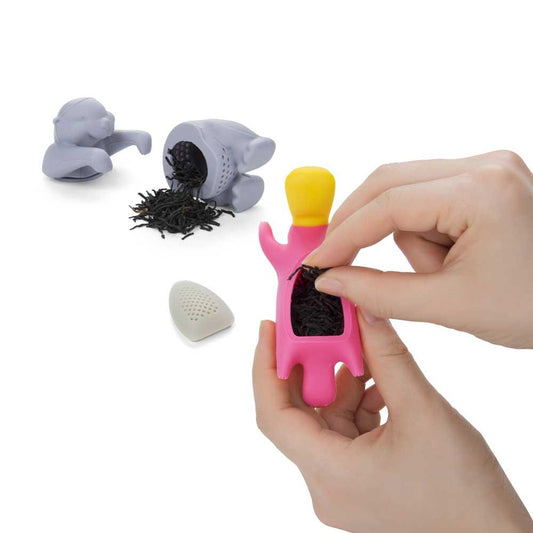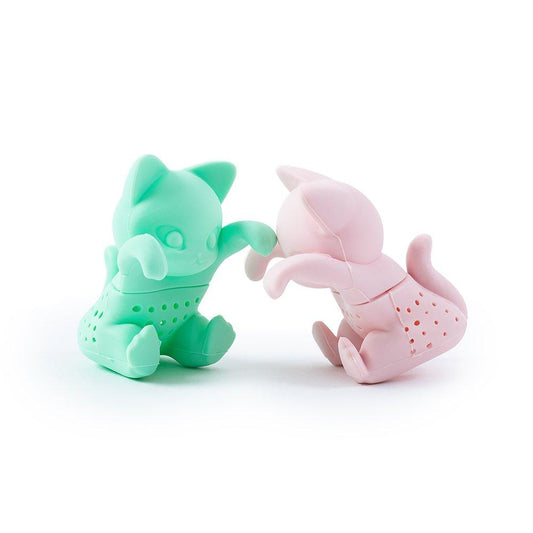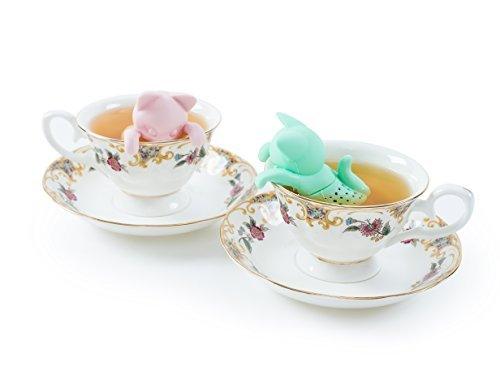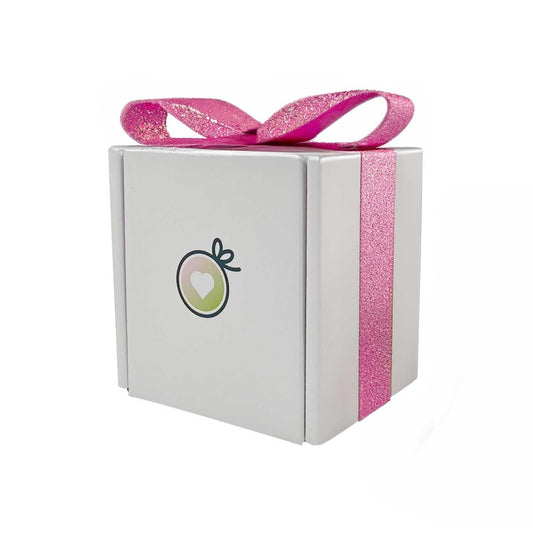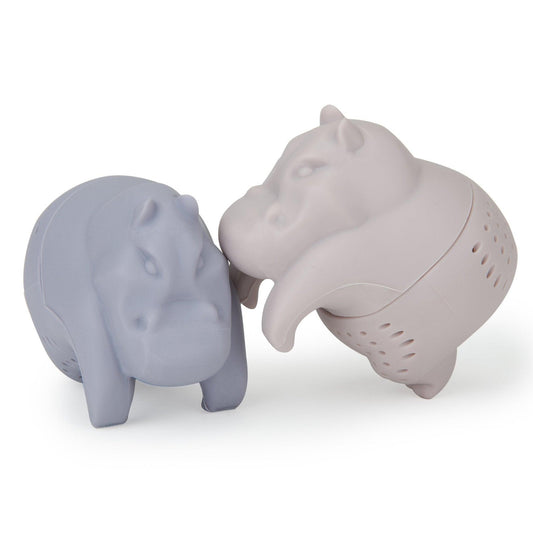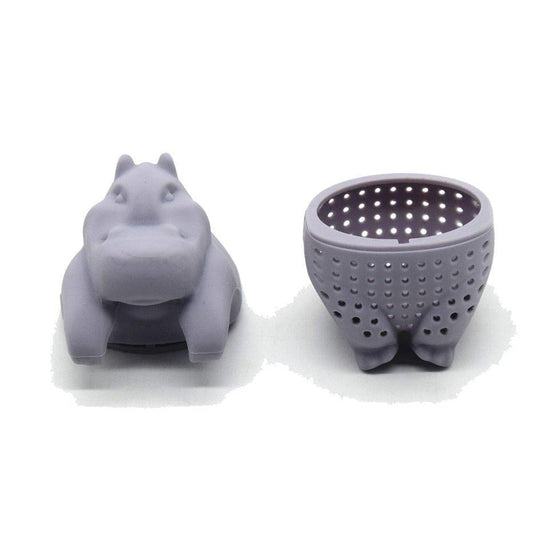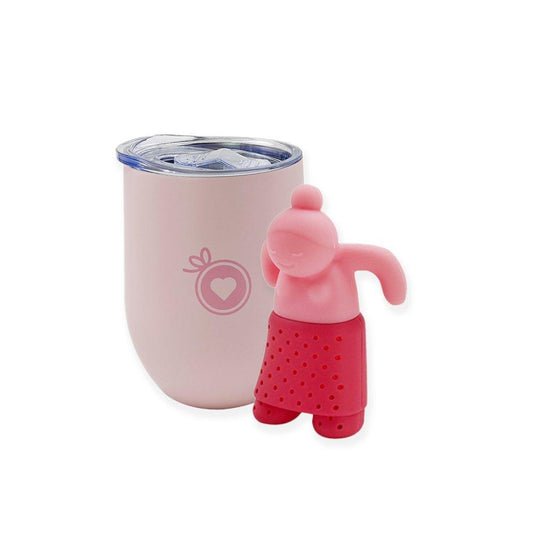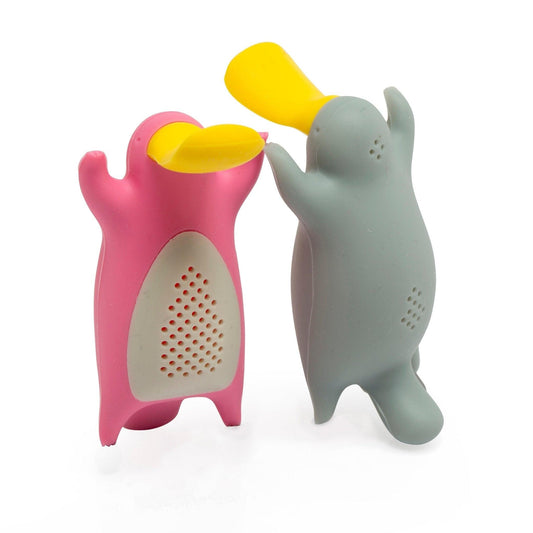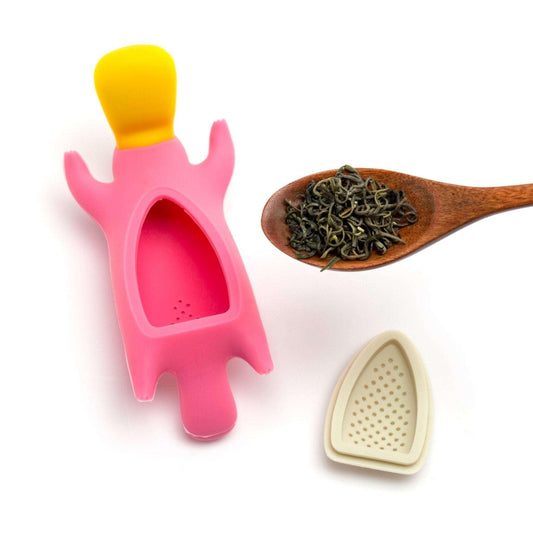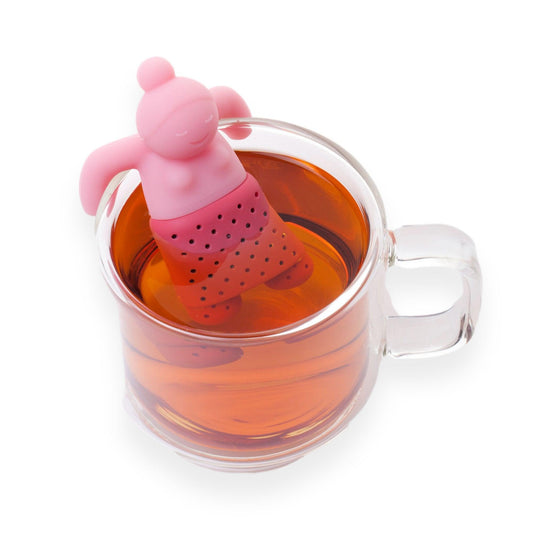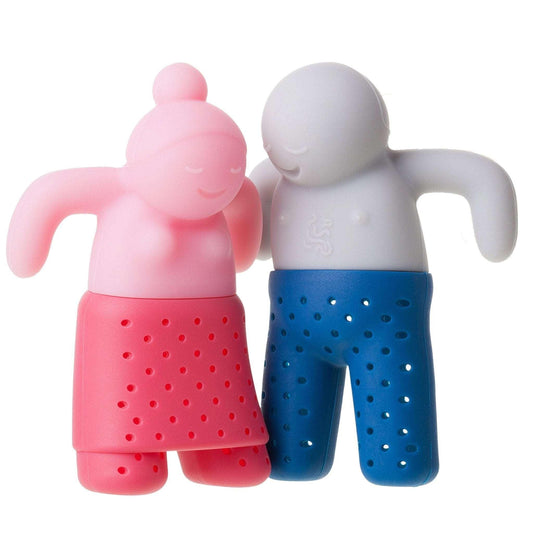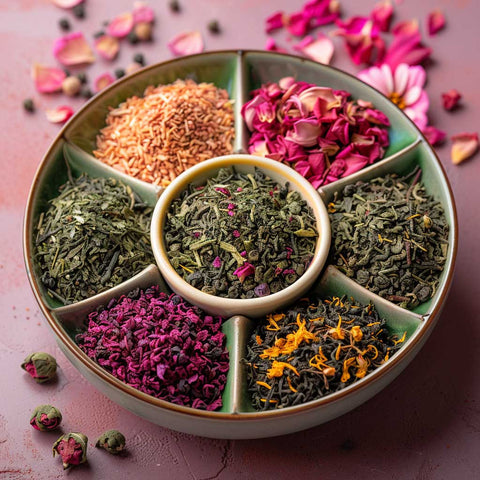
Welcome to the world of tea, where every sip tells a story of culture, tradition, and wellness. Tea, the second most-consumed beverage on the planet after water, offers an astonishing variety of flavors, aromas, and health benefits. From the robust black teas savored in the West to the delicate white teas cherished in the East, each type of tea provides a unique experience. Let's embark on a journey to explore the most popular tea types—black, green, oolong, white, and herbal—and uncover their distinct characteristics and benefits.
Black Tea: The Heart of Tradition
Black tea, known for its bold flavor and dark color, is fully oxidized, which gives it its characteristic richness. Popular varieties include Assam, Darjeeling, and Earl Grey. Black tea is a staple in many cultures, often enjoyed with milk and sugar or as the base for spicy chai in India.
Benefits: Black tea contains antioxidants known as theaflavins and thearubigins, which have been linked to lower cholesterol levels and improved heart health. Its caffeine content can enhance focus and energy levels, making it a perfect morning beverage.
Green Tea: The Elixir of Wellness
Green tea, celebrated for its subtle flavors and myriad health benefits, is minimally oxidized. Renowned types include Sencha, Matcha, and Longjing. Originating from China and Japan, green tea has become synonymous with wellness and mindfulness.
Benefits: Rich in catechins, particularly epigallocatechin gallate (EGCG), green tea is a powerhouse of antioxidants that can boost metabolic health, aid in weight management, and reduce the risk of certain cancers. It's also associated with improved brain function and protection against heart disease.
Oolong Tea: The Artisan's Brew
Oolong tea, a semi-oxidized tea, is a masterful blend of the richness of black tea and the freshness of green tea. This tea type, which includes Tieguanyin and Da Hong Pao, undergoes a unique process of withering under the sun and oxidation before curling and twisting.
Benefits: Oolong tea is known for its weight loss properties, as it can boost metabolism and help burn fat. It also contains antioxidants that can improve heart health and reduce the risk of developing diabetes.
White Tea: The Purest Delight
White tea, the least processed of all teas, is made from young leaves and buds of the tea plant. Renowned for its delicate flavor and aroma, white tea varieties such as Silver Needle and White Peony are highly prized.
Benefits: With high antioxidant content, white tea is beneficial for skin health, offering protection against aging and oxidative stress. It also has antimicrobial properties that can bolster the immune system.
Herbal Tea: The Garden in a Cup
Herbal teas, or tisanes, are not true teas but are infusions of herbs, flowers, fruits, and spices. Popular choices include chamomile, peppermint, and hibiscus. Herbal teas are caffeine-free and offer a wide range of flavors and health benefits.
Benefits: Depending on the ingredients, herbal teas can aid digestion, relieve stress, improve sleep quality, and support the immune system. For example, chamomile is known for its calming effects, while peppermint can alleviate digestive issues.
Tea offers more than just a soothing cup; it provides a window into different cultures, a moment of tranquility, and a sip of wellness. Whether you prefer the robustness of black tea, the healthful zest of green, the nuanced complexity of oolong, the purity of white, or the herbal diversity of tisanes, there's a tea out there for everyone. Dive into the world of teas and discover your favorite brew.

